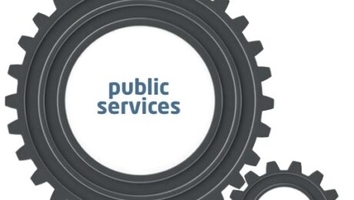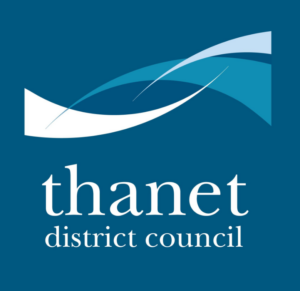- 01843 834160
- [email protected]
- Mon - Fri: 9:00 - 17:00
Moving on from austerity – budget to improve the lives of people in Kent

On Thursday 13th February, Kent County Council has agreed its budget plans for 2020/21 which aim to prioritise the services that improve the quality of life for the people of Kent.
The council will be spending over £1 billion on essential day to day services, an increase of £77 million (7.8%) over 2019/20.
This is the largest increase in 10 years and is the first time KCC has seen an increase in grants from central government in that time.
In addition, the budget contains:
- £5.2m increase for Integrated Children’s Services (3.6%)
- £0.6m to ensure young people previously in care are exempt from council tax until the age of 21
- £4.3m increase for disabled children’s services (7.9%)
- £3.0m increase for local authority funded support and assessment for children with special educational needs and disabilities (SEND) (47.2%)
- £5.1m increase in home to school transport (mainly special needs related) (12.9%)
- £8.7m increase in community and residential care packages for older persons (10.8%)
- £7.2m increase in community and residential care packages for adults with learning disabilities (5.4%)
- £1.0m increase in community care packages for adults with mental health (19%)
- £4.7m increase in Highways Transport and Waste (3.3%)
The average spend per person will be £669, an increase of £44 per person.
A budget gap of £1.9m, identified in the draft budget, has now been closed following confirmation of the government settlement and a growth in retained business rates.
It was agreed to increase council tax by 2% for adult social care services and 2% for all the other services the council provides. This means that most households in Kent will pay less than an extra £1 per week towards County Council services next year[1].
The budget includes more than £3m which will enable the council to press ahead with investing in the priorities identified by Kent residents in the consultation on the Five Year Plan which closes on Monday (February 17).
It also includes a £1m climate emergency fund which will help to accelerate environmental work and changes to the KCC estate; improve energy generation; introduce more electric charging points and protect more of Kent from the impact of extreme weather.
KCC Leader Roger Gough said: “KCC continues to spend public money wisely and we are keeping council tax increases manageable, finding the right balance of funding from government and council taxpayers.
“County council services have a major impact on people’s lives, through schools, roads and highways, social services for vulnerable children and adults and for elderly people and services that are important to families and their communities, such as libraries and country parks.
“As Leader of KCC I want to focus on the spending priorities and services we provide that matter most to our residents and make the most visible difference, whilst still achieving value for money for the Kent taxpayer.”
Whilst the increased spending largely covers the impact of greater demand for council services (particularly social care) and increases in costs due to inflation, it also focuses on priority areas such as support for children and young people with special educational needs and disability, roads and highways maintenance, waste and environmental services.
The increase in net spending includes £20.6m reduction from savings and income most of which are from existing rather than new plans and £9.1m draw down from the council’s reserves.
Both savings and use of reserves are less than previous years marking 2020-21 as a watershed as the council moves out of an era when responding to austerity was the overriding concern and into a new era where the council can make positive changes for local residents, businesses and communities.
The council also has a capital budget to invest in infrastructure and to maintain or improve assets. Capital proposals include £1,014m investment over the next three financial years.
This includes investment in priority areas such as road maintenance and improvement, school buildings and waste facilities, as well as ensuring all council buildings continue to be safe places for service users and staff.
[1] There will be separate increases for police, fire, district and parish which would mean most households would see total increases in excess of £1 a week (just as KCC is the largest element of council tax bills)
You are able to keep up to date with our articles, news and publications by following us on our social media channels below:












